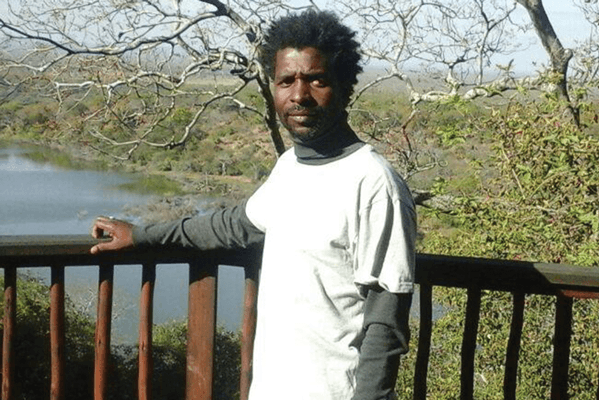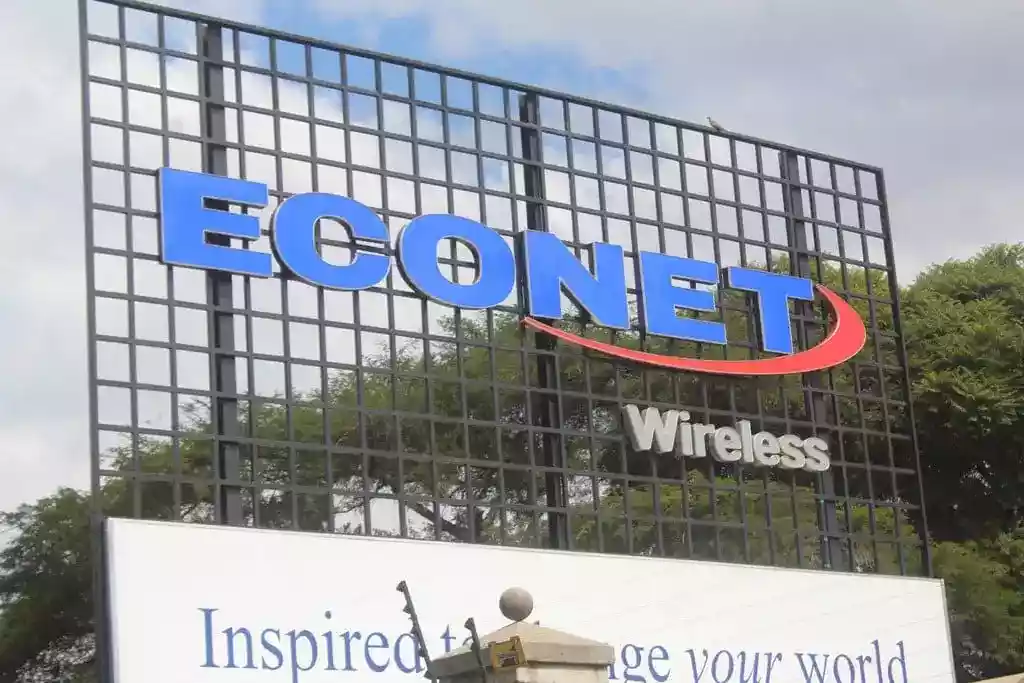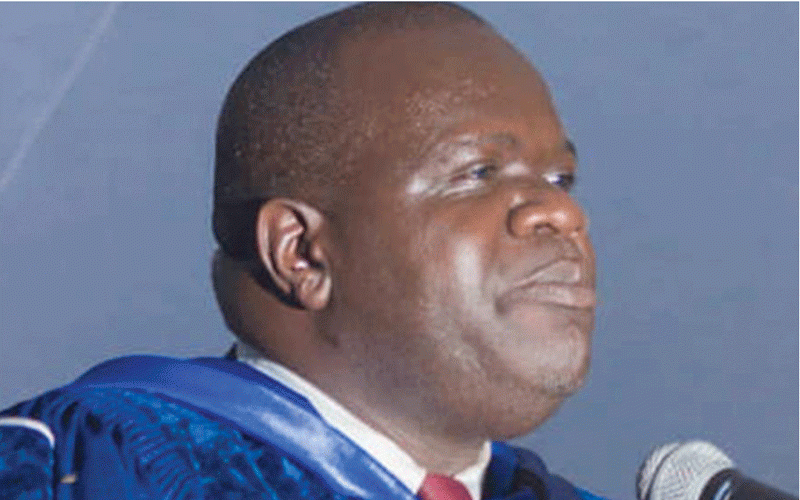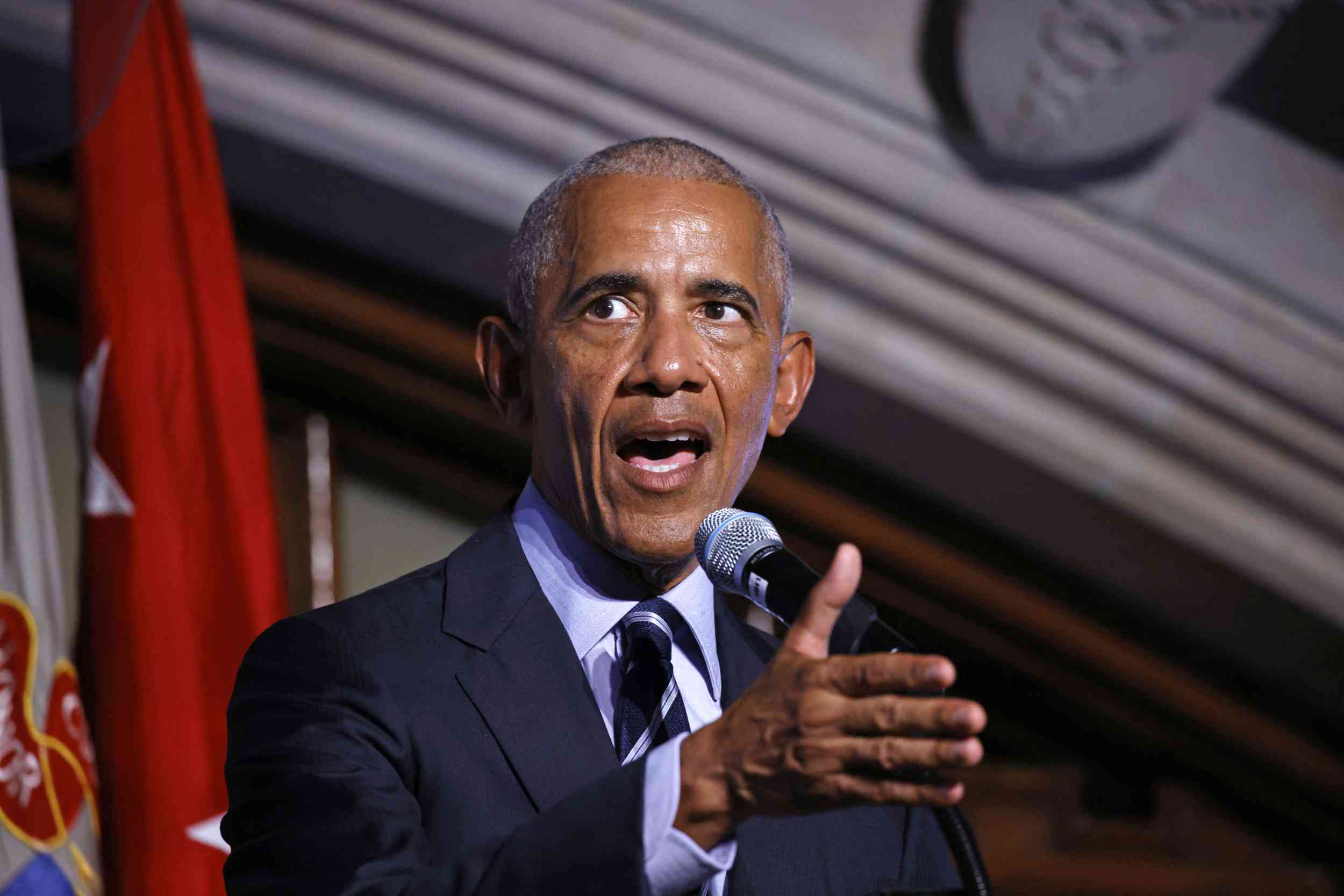
Guest column: Paidamoyo Muzulu
COMMUNITY radios are an integral part of democracy. They make it easier for communities (geographical and community of interest) to discuss issues that affect them and possibly find alternative solutions to these issues. More importantly, radio is a cheap mode of communication compared to print or television and the fact that it is a medium that does not need one to be literate as programming can be done in one’s mother tongue.
Zimbabwe after the enactment of the Broadcasting Services Act created an avenue to liberalise the airwaves that, hitherto, had been monopolised by the Zimbabwe Broadcasting Corporation, a State-controlled broadcaster. The opening of the airwaves to many was a window for the country to democraticise the media landscape, have multiplicity of views and offer variety to citizens instead of having State monopoly.
The government last week finally moved to start the process of licensing community radios, a position that is anchored on the enabling legislation that says the country should have a three-tier broadcasting system. The Act cites the three tiers as; Public broadcasting, commercial broadcasting and community broadcasting. Over the last decade, Zimbabwe had moved to have two tiers — public and commercial broadcasting — albeit the attendant deficiencies that shall be tackled later in this article.
It is, therefore, welcome that the Broadcasting Authority of Zimbabwe (Baz) last week made a call for prospective community radio station operators to apply. Baz invited applications for 10 community radios, 19 campus radio licences and six national free-to-air commercial television stations. It is important to note that the licences on offer are all free to air, hence in simple terms there is no digital broadcasting licences on offer for now despite the fact that for the last five years Zimbabweans have been bombarded with the mantra that the government was implementing a digitisation programme.
Misa-Zimbabwe, a non-governmental organisation with interest in the media sector had this to say on the call: “The call for the outlined broadcasting services should thus be understood in the broader context of the ongoing media law and policy reforms. While the government continues to reiterate its commitment to implement fundamental reforms since President Emmerson Mnangagwa’s ascendency to office, the quality of the reforms still leaves a lot to be desired.”
This is too packed a statement. It may need to be simplified. The licensing regime is strictly speaking way above the cost that many people can afford, the public hearings from experience may be rigged in favour of certain players and finally the process could end up a pseudo-liberalisation of the broadcasting sector — government controlling all the community radio stations.
Community broadcasting licence fees are pegged at $17 000 per annum for the 10-year licence period, which amounts to $170 000 for the licensing period in addition to $8 500 application fees. Campus radio stations licence fees are set at $42 500 per annum, which entails a total of $425 000 in 10 years, while application fees are pegged at $21 500.
- Chamisa under fire over US$120K donation
- Mavhunga puts DeMbare into Chibuku quarterfinals
- Pension funds bet on Cabora Bassa oilfields
- Councils defy govt fire tender directive
Keep Reading
These fees at face value may look meagre, but if one considers that the community radios will need to import broadcasting equipment, set up offices and meet overhead expenses like operational costs and salaries then it becomes apparent that very few can qualify. This is worsened by the fact that foreigners are not expected to partner or fund community radios.
The Zanu PF government cannot be trusted to be genuine in licensing community radio stations when one considers what it did to commercial radio stations. Of the 10 commercial radio stations, four licences ended up being owned and controlled by Zimpapers — a government-controlled media house. These are StarFM, Capitalk, Diamond FM and Nyaminyami FM. AB Communications, which is controlled by former Cabinet minister Supa Mandiwanzira, got three licences — one national ZiFM and two provincial stations Hevoi and Gogogoi in Gweru and Masvingo, respectively.
The remaining three were awarded to YaFM, Zvishavane, which is owned by former government official Munyaradzi Hwengwere and Skyz FM and Breeze FM controlled by Fairtalk Communications. Fairtalk Communications chief executive Qubani Moyo sits on the Zimbabwe Electoral Commission.
Without doubt, it can be argued that all the commercial radio licences were given to entities with State links. How can the aspiring community broadcasters have confidence that the licences will be professionally awarded? Moreover, the Information ministry is on record saying that it wants to fund 10 community radio stations and has a $92 000 budget set aside for that.
It is self-evident that campus radio programming will be under government control through the college administrations. College principals or chancellors are answerable to Higher and Tertiary Education minister, therefore, making it easy for them to toe the line without even the government raising its voice.
The fact that the Information ministry is appearing tomorrow before Parliament to discuss community radio station licensing shows how the Legislature has been dribbled by the State. How can Parliament debate a fait accompli when a call has already been sent out? It is evident the process is just a mere facade, ticking the democratic boxes — the government is not ready to licence community radio stations.
Paidamoyo Muzulu is a journalist and writes here in his personal capacity.











